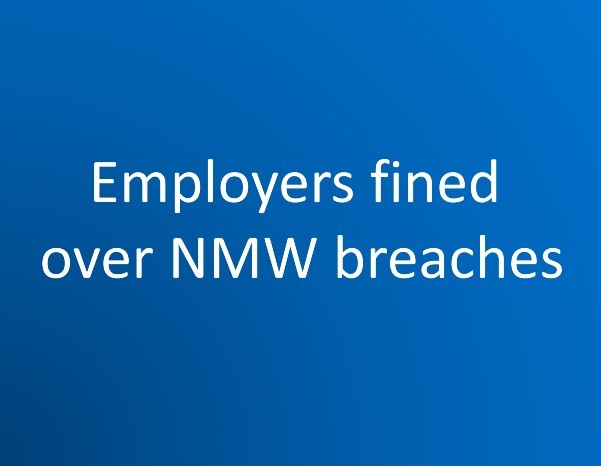.jpg)
Q. When we have an employee on maternity leave (receiving SMP), we know that when she receives a salary increase we must go back and recalculate her average weekly earnings as if she had been on that increased salary when we calculated SMP in the first place. We have assumed this is the same when someone is on adoption leave (and receiving SAP). Can you confirm this please?
A: You are correct in that a pay increase at any time in your employee’s maternity leave period means a recalculation of SMP (and paying any excess). So, for example, a salary increase in week 39 of the leave period means going back to look at her average weekly earnings - in the 8-week relevant period. This is written to legislation and included in HMRC's Statutory Payments Manual.
BUT, for any other child-related statutory payment (adoption, paternity etc), you only recalculate the payment if the pay increase was effective in that 8-week relevant period. This is also defined in HMRC's Statutory Payments Manual.
The information provided in this blog is for general informational purposes only and should not be considered professional advice. As far as we are aware, the content is accurate at time of publication. Torgersens assumes no responsibility for errors or omissions in the content or for any actions taken based on the information provided.



.png)




